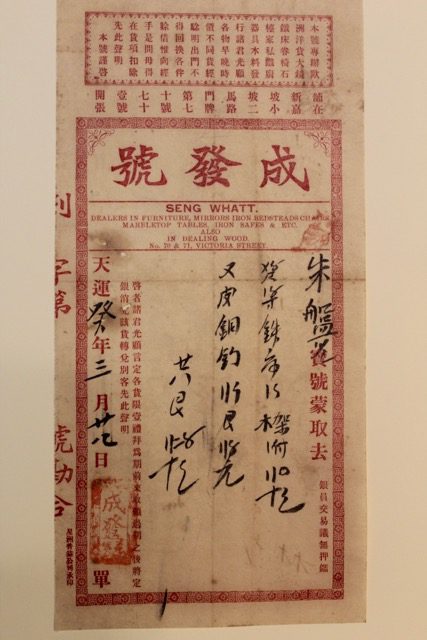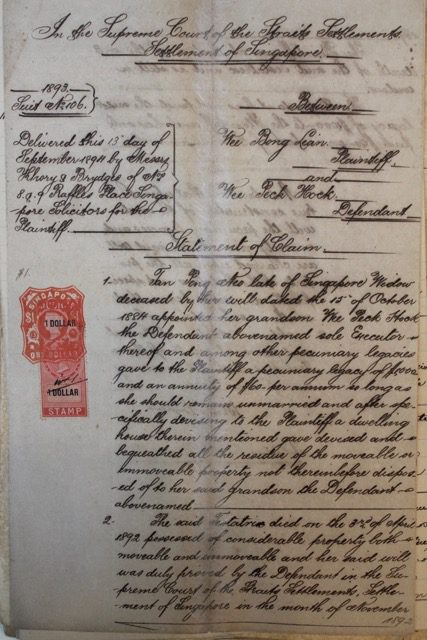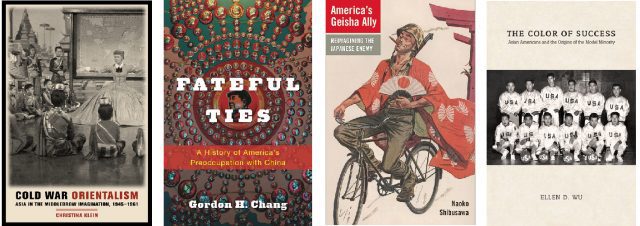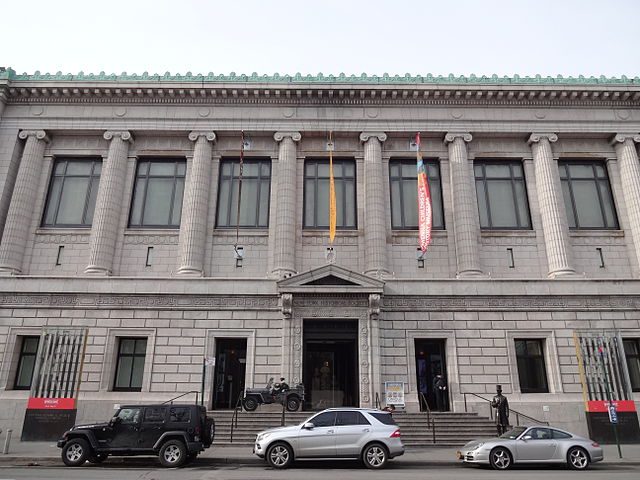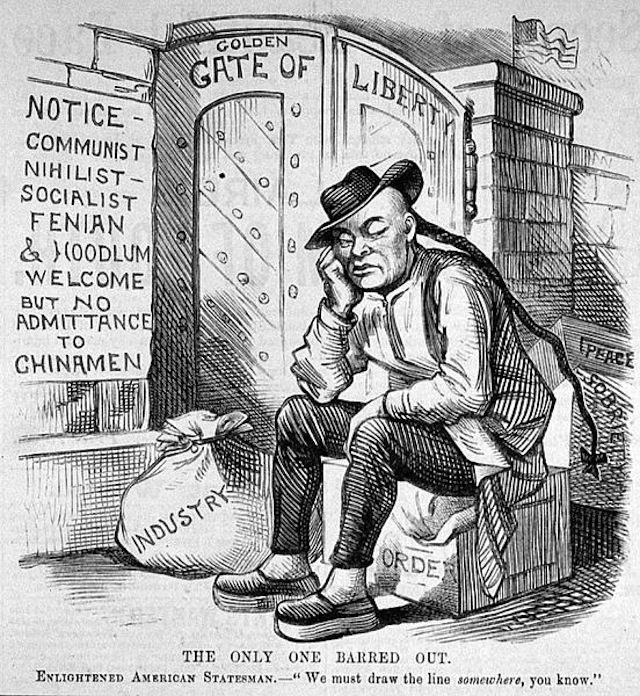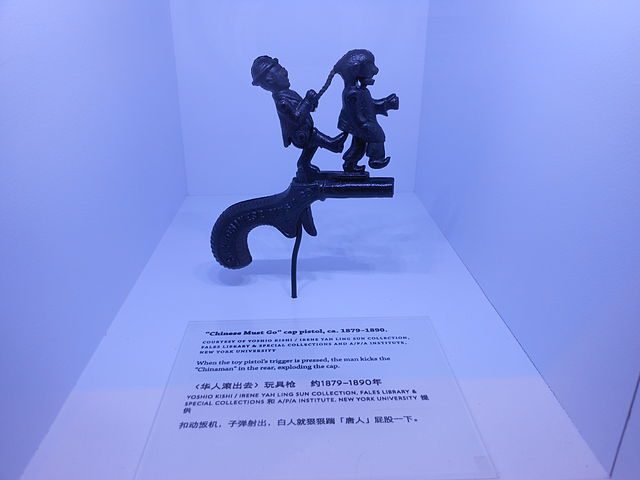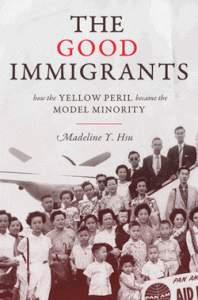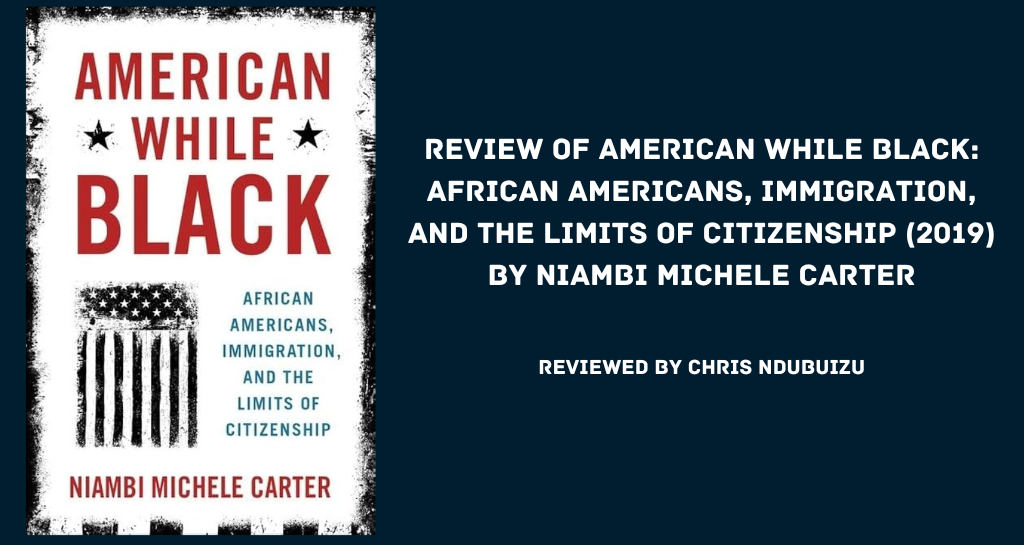
Immigration policy and regulation have been at the forefront of the contentious 2024 presidential election campaign. While discourse regarding public attitudes towards immigrants has traditionally centered the opinions of US-born-white populations, political scientist Niambi Michele Carter’s book, American While Black: African Americans, Immigration, and the Limits of Citizenship, moves the focus away from that trend by centering her study on the political opinions of African Americans themselves.
In six carefully researched chapters, Carter examines African American political attitudes regarding immigration and how it impacts their status in the United States. The study leans on quantitative and qualitative methodology (semi-structured interviews and surveys) and focuses on the African American residents of Durham, North Carolina. Carter argues that African Americans remain ambivalent towards immigration because of the way the immigration policy has been utilized to deter Black progress in the United States. Carter theorizes this ambivalence as conflicted nativism, which she defines as “a sensibility that immigration will potentially harm black progress, but immigration should not be restricted, because white supremacy, not immigration, is what ultimately harms black social mobility.”1 Therefore, African Americans report not being against immigration but also not necessarily for it, only because of how immigration has been used to marginalize their status further to maintain white supremacy.2
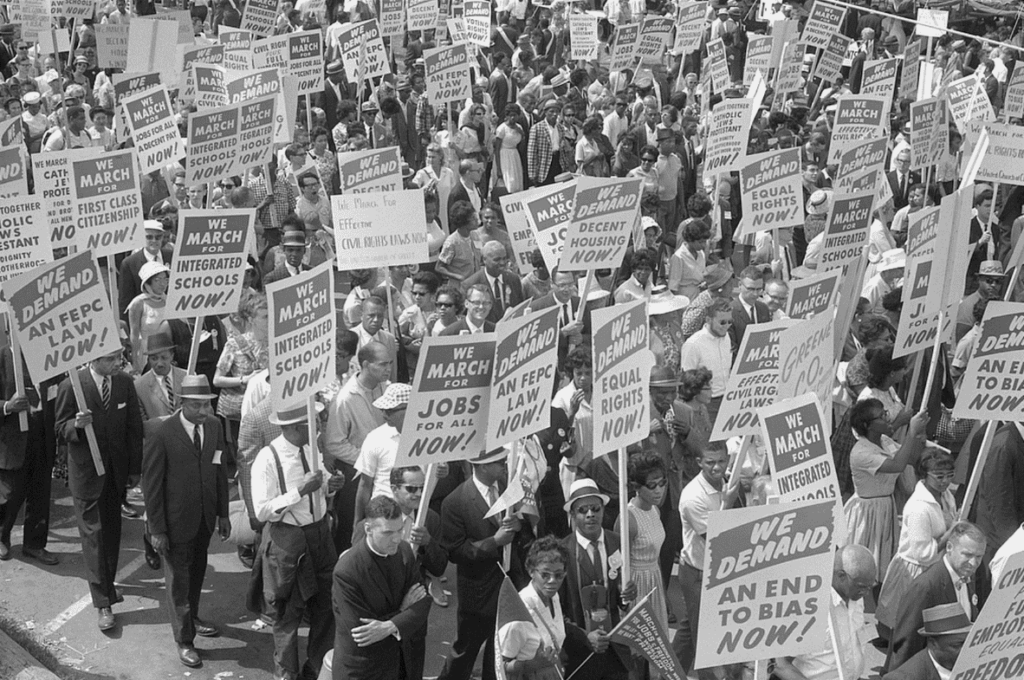
Source: Library of Congress
Carter presents readers with a historical analysis of how immigration has hindered Black mobility in the United States. She begins her discussion by focusing on how European immigrants, particularly Irish immigrants, engaged in anti-Black tactics to secure their place in the United States.3 This history demonstrates how the attainment of American citizenship and belonging, vis-a-vis whiteness, was inextricably linked to Black exclusion. Carter presents another example of how Chinese immigrants were brought to the Mississippi Delta to work on plantations after reconstruction to prevent Black economic and political rights as well as to benefit the plantation owners economically.4 Based on these historical facts, Carter stresses that US immigration policy is deeply connected to white supremacy and Black marginalization and that the culmination of these historical events influenced African American political opinions about immigration.

Source: Library of Congress
According to Carter’s interview and survey results, African American respondents generally expressed moderate views about immigration policy. Many reported that unauthorized immigrants should be able to attain citizenship after working and living in the United States for several years and that English proficiency should be required for U.S. citizenship.5 Carter’s results also reveal that although African American respondents reported feeling that the government needs to curb unauthorized immigration, they did not support efforts to outright ban immigrants.6 This distinction is important because while African Americans report not being in favor of the marginalization of other groups, they prioritize investing in the well-being of their group.
As the fields of diasporic and migration studies continue to flourish, Carter’s study illustrates how the unique experiences of US-born minority populations are just as central to both fields of study as the immigrant communities themselves. In recent years, major metropolitan areas such as New York City and Chicago have been under scrutiny from residents, including some African Americans, who reportedly feel slighted that public goods are being channeled to address the migrant influx instead of addressing long-standing quality of life issues (e.g., housing crisis). Therefore, the significance of Carter’s timely text details how modern-day immigration patterns and policies shape the public opinions of African Americans.
In general, Carter makes a compelling argument to readers that the complex political attitudes African Americans hold about immigration are reflective of their collective experience in the United States while simultaneously condemning white supremacy for their continued marginalization.
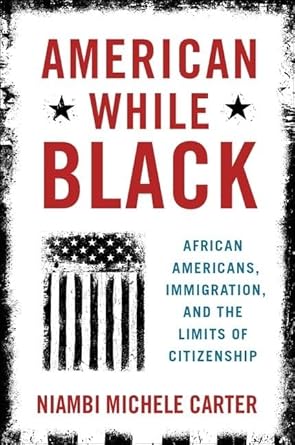
While Carter’s study primarily centers on historical relations between African Americans and non-Black migrant groups, it would be interesting to further explore the intricate interethnic relationship between African Americans and Black migrant groups. This exploration can potentially showcase the promotion of co-ethnic coalitions that collectively challenge white supremacy for a genuine multiracial, multiethnic democracy to be achieved.
Carter’s thought-provoking work adds a crucial new perspective to wider examinations of the politics of immigration.
The views and opinions expressed in this article or video are those of the individual author(s) or presenter(s) and do not necessarily reflect the policy or views of the editors at Not Even Past, the UT Department of History, the University of Texas at Austin, or the UT System Board of Regents. Not Even Past is an online public history magazine rather than a peer-reviewed academic journal. While we make efforts to ensure that factual information in articles was obtained from reliable sources, Not Even Past is not responsible for any errors or omissions.
1 Carter, Lies, Fairytales, and Fallacies, p. 23.
2 Ibid.
3. Carter, Lies, Fairytales, and Fallacies, p. 14
4 Carter, Citizens First?: African Americans as Conflicted Nativists, p. 40.
5 Carter, Conflicted Nativism: An Empirical View, p. 155.
6 Ibid.


